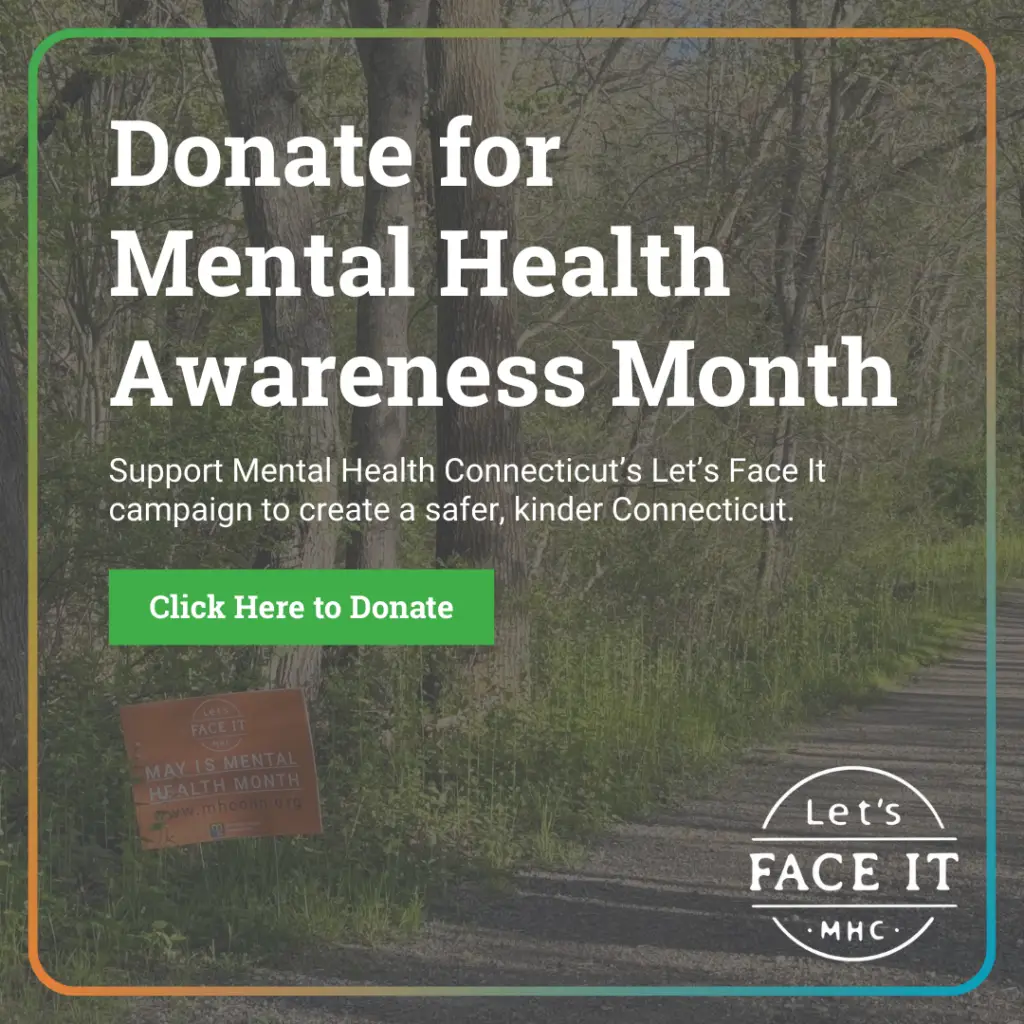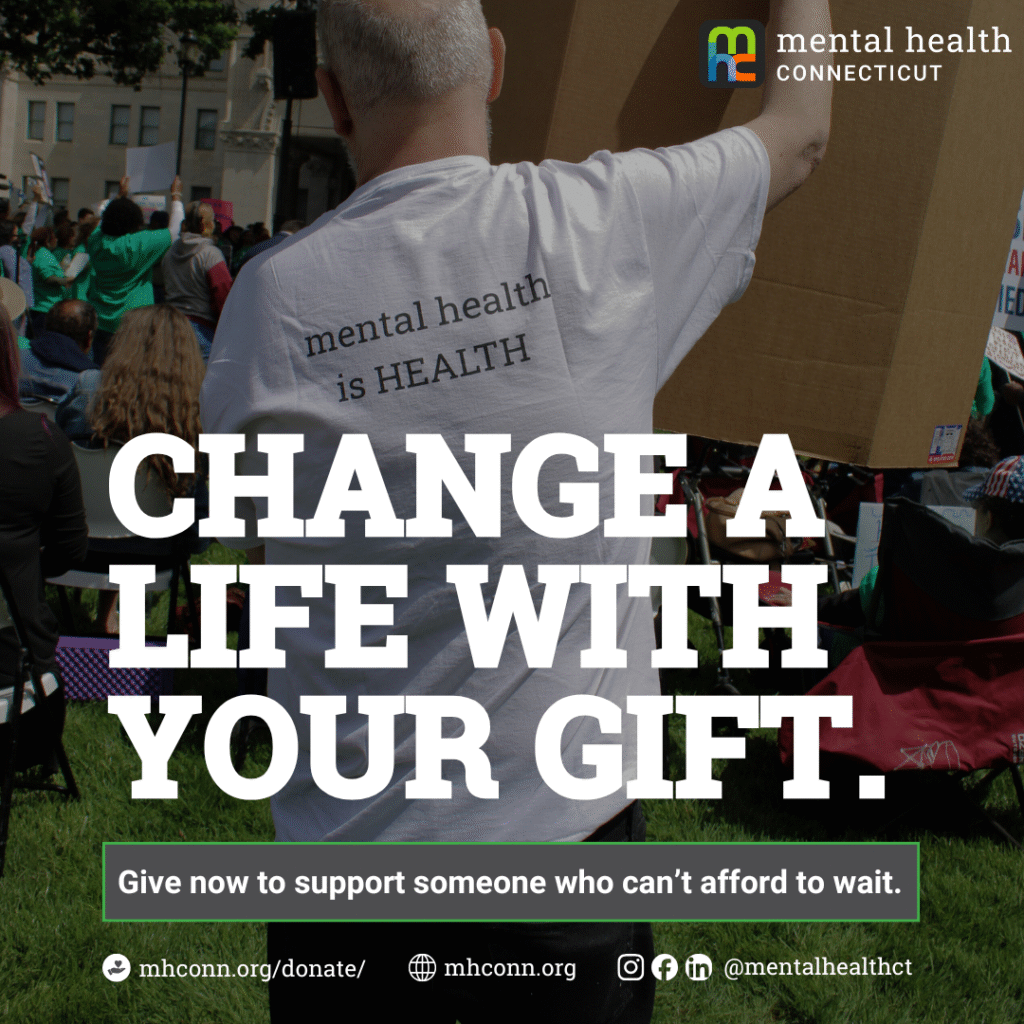By June Lawrence
Improving mental health is rarely about one perfect solution. It’s about finding practices that fit your life, spark curiosity, and actually feel good enough to keep doing. Too often, self-care advice leans on the same predictable suggestions, leaving out creative or lesser-known strategies that can make a real difference. By broadening your toolkit, you can uncover fresh ways to lower stress, improve mood, and sharpen focus without falling into a rut. The ideas below range from mindful movement to community connection, each designed to work on both your inner calm and your day-to-day resilience.
Breathwork Techniques for Mental Calm
Breathwork has been around for centuries, but modern science is catching up to why it works so well for stress regulation. The right breathing pattern can lower your heart rate, improve oxygen exchange, and give you a tangible way to interrupt racing thoughts. Techniques like box breathing or alternate nostril breathing are simple enough to learn in minutes but powerful enough to shift your nervous system toward relaxation. Practicing even five minutes a day can become a dependable reset button when tension builds. By exploring structured methods such as breathwork techniques for mental calm, you can tap into a resource that’s always with you—your own breath.
Daily Self-Compassion Exercises
Self-compassion isn’t just being “kind to yourself” in vague terms—it’s a skill that can be practiced and strengthened. Learning to treat your own mistakes or struggles with the same patience you’d offer a friend can soften harsh self-criticism and reduce shame-based thinking. This shift isn’t about ignoring flaws, but about meeting them without spiraling into self-punishment. Setting aside a few minutes daily for reflective journaling, affirmations, or brief meditations designed for daily self-compassion exercises can gradually retrain how you talk to yourself. Over time, this kind of internal gentleness makes it easier to try new things, recover from setbacks, and sustain a more stable mood.
Progressive Muscle Relaxation Paired with Imagery
Stress often hides in the body, showing up as clenched jaws, hunched shoulders, or restless legs. Progressive muscle relaxation (PMR) works by intentionally tensing and releasing different muscle groups, training your nervous system to notice and release physical tension. Combining PMR with guided imagery—visualizing calming scenes or safe spaces—amplifies the effect, giving both body and mind a cue to stand down from high alert. It’s a portable skill you can use before bed, during breaks, or after emotionally draining events. If you’ve never tried this pairing, progressive muscle relaxation paired with imagery offers a structured way to start.
Laughter Yoga for Joyful Stress Release
It might feel silly at first, but laughter yoga combines playful breathing exercises with intentional laughter to stimulate the body’s natural feel-good chemistry. Even when “forced,” laughter triggers the release of endorphins and helps regulate stress hormones. In group settings, the shared activity also creates social bonding and a sense of lighthearted connection—two things that can be surprisingly hard to come by in daily life. The practice requires no special equipment or fitness level, making it accessible to almost anyone. Exploring laughter yoga for joyful stress release can give you a low-barrier, high-energy option for instantly shifting your mood.
Gratitude Journaling to Boost Mood
Keeping a gratitude journal isn’t just a trendy self-help tip—it’s a way of training your attention to notice and store more positive experiences. By writing down specific moments, people, or small comforts you’re grateful for, you help your brain encode those positives more vividly, making them easier to recall when stress hits. Over time, this rewiring can subtly shift your baseline outlook toward optimism, which has measurable mental health benefits. The process doesn’t have to be long or elaborate; even three entries a day can make an impact. Learning more about gratitude journaling to boost mood can help you refine the habit so it sticks.
Mental Fitness for Cognitive Clarity
Just like physical strength, mental sharpness needs regular training to stay at its best. Mental fitness involves activities that challenge your brain, improve focus, and enhance emotional regulation. This can mean learning a new skill, practicing memory games, or regularly engaging in problem-solving tasks that stretch your thinking. It also includes managing the mental clutter that comes from constant digital distractions, giving your brain space to recharge. Setting aside intentional time for mental fitness for cognitive clarity can help you sustain focus, make better decisions, and keep anxiety in check.
Mental health isn’t a static goal—it’s a moving target influenced by your habits, environment, and how you respond to stress. By experimenting with both time-tested practices and unconventional methods, you create a personalized toolkit for resilience. From the steady grounding of breathwork to the unexpected joy of laughter yoga, from the reflection of gratitude journaling to the focused edge of mental fitness training, each approach adds a layer of support. Blending these strategies, and being open to adjusting them as your needs change, keeps your mental health care flexible and responsive.
Discover how Mental Health Connecticut is transforming lives through innovative mental health services and community support. Visit their website to learn more!
Guest posts do not necessarily represent the views of Mental Health Connecticut (MHC). Content is for informational purposes only and should not be considered a substitute for professional advice, diagnosis, or treatment. MHC does not endorse or guarantee any product, service, or recommendation mentioned, nor are we responsible for any outcomes, damages, or losses that may result from the use of the tools or services mentioned.








